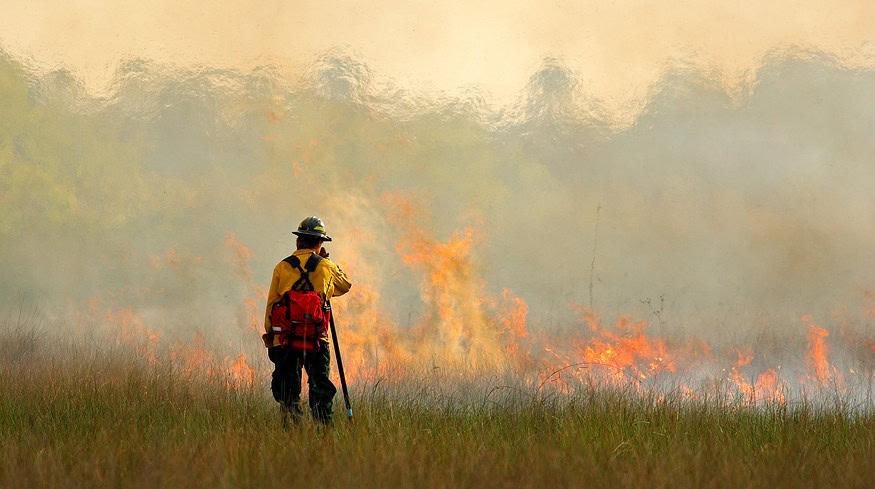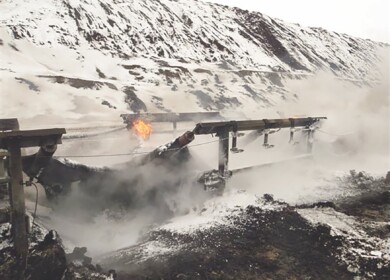University of Nebraska Lincoln explores strategies to mitigate wildfire damages and protect rural lands

A University of Nebraska Lincoln (UNL) extension educator, Todd Whitney, has highlighted the persistent impact of rural wildfires on land, which can linger for up to three years. In response to these challenges, Whitney discussed the use of fire retardant fertilizers such as ammonia phosphate or polyphosphate, which can be sprayed on areas or used similarly to fire retardants applied on homes to prevent ember damage.
Whitney also emphasized the potential damage to water infiltration systems caused by wildfires. The UNL team is currently investigating how these fires affect soil properties and water systems, aiming to devise strategies to mitigate these effects and prevent long-term damage. According to Whitney, wildfires alter the soil structure in a manner that can be likened to a “shake and bake effect,” impacting the soil’s water-holding and infiltration capacities.
Furthermore, Whitney advised on practical measures to reduce fire risks, such as ensuring grain bags are left in fields, clearing vegetation around grain bins, and ensuring readiness with a cell phone and a fire extinguisher at all times. These recommendations are part of ongoing research efforts to better understand the microbiological changes in soil post-wildfire and to develop more effective disaster preparedness and recovery strategies.
Enjoyed this story?
Every Monday, our subscribers get their hands on a digest of the most trending agriculture news. You can join them too!














Discussion0 comments